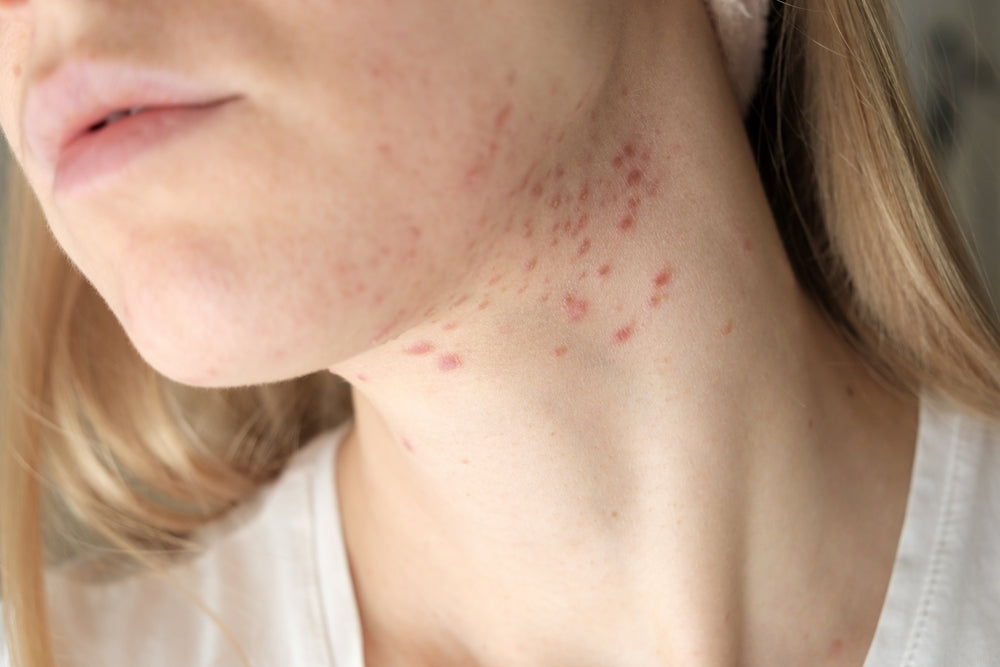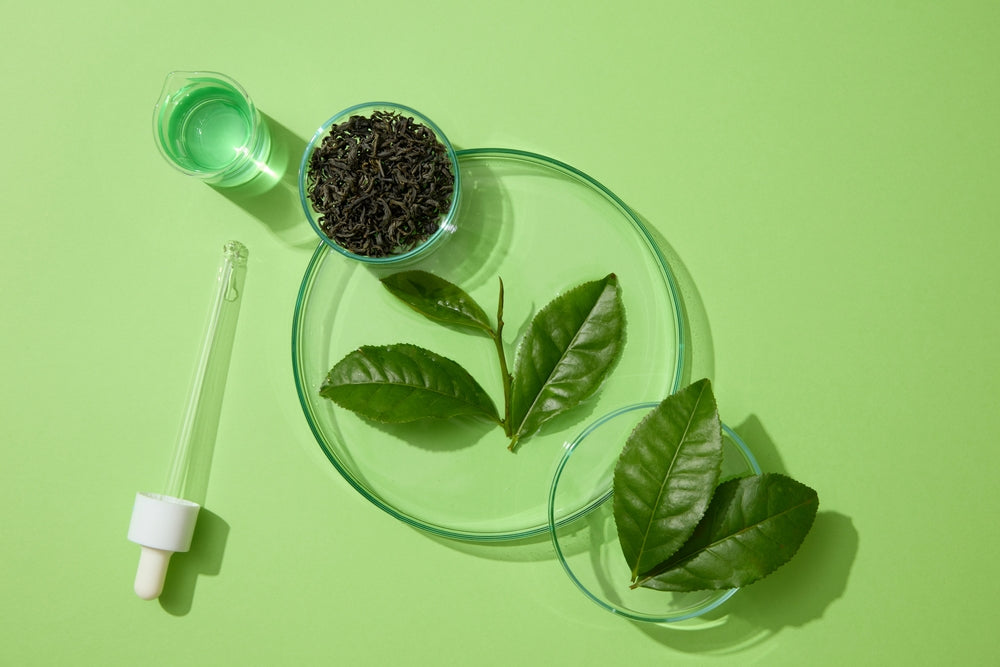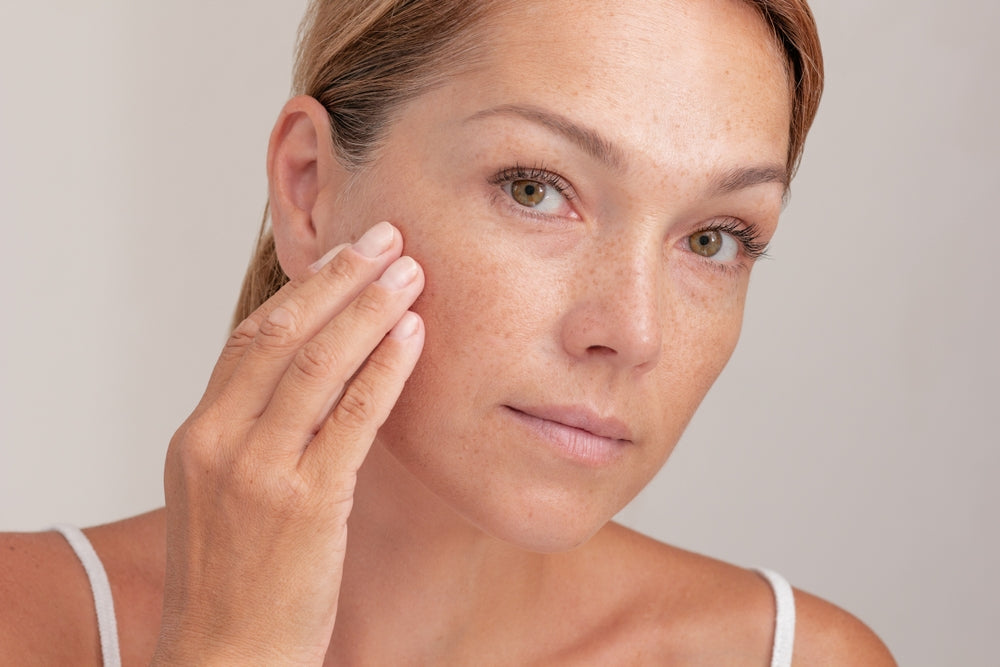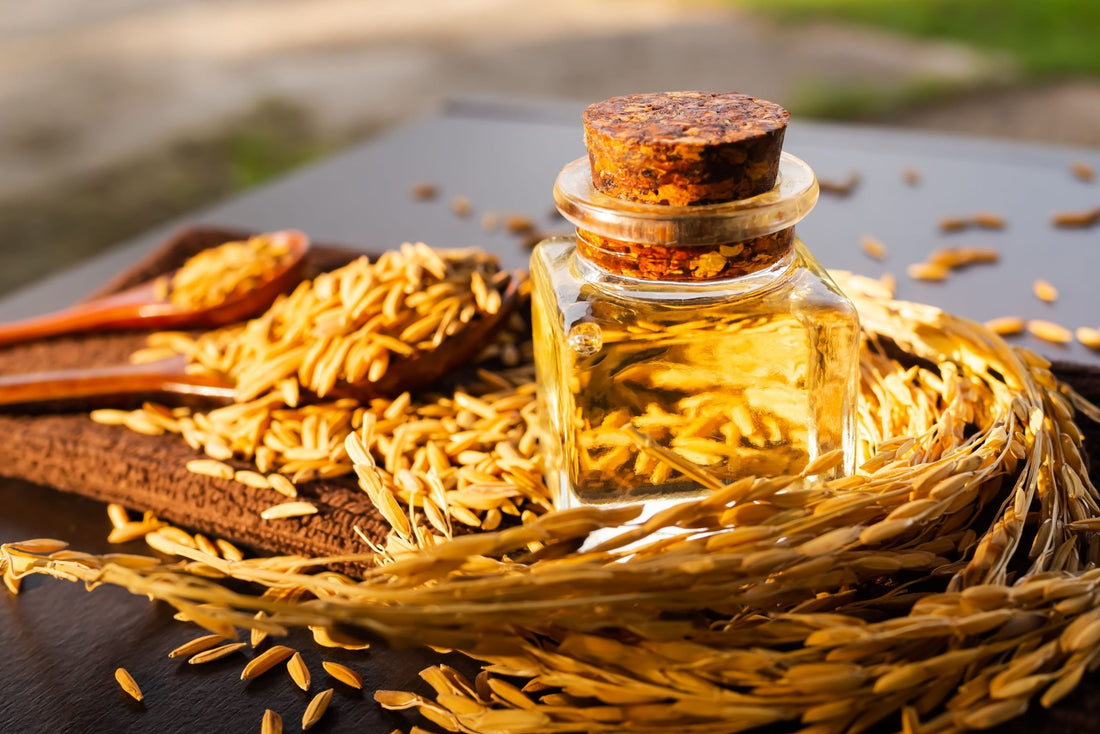It’s normal for many people to deal with frequent, chronic, or unexpected acne breakouts, especially when they’re going through puberty and their skin and body are making several significant changes. However, some people are more prone to getting severe or regular acne breakouts, which can lead them to think their skin is simply less manageable than everyone else’s.
This can be a frustrating and self-esteem-lowering part of a person’s life, no matter their age, but it’s not something you have to live with forever. With high-quality formulas and a fine-tuned skincare routine, you can give your skin the care it needs. Here's what to know about acne prone skin and how you can build your at-home regimen around it.
What is Acne-Prone Skin?
It’s normal for many people to deal with frequent, chronic, or unexpected acne breakouts, especially when they’re going through puberty and their skin and body are making several significant changes. However, some people are more prone to getting severe or regular acne breakouts, which can lead them to think their skin is simply less manageable than everyone else’s.
This can be a frustrating and self-esteem-lowering part of a person’s life, no matter their age, but it’s not something you have to live with forever. With high-quality formulas and a fine-tuned skincare routine, you can give your skin the care it needs. Here's what to know about acne prone skin and how you can build your at-home regimen around it. mild acne
Types of Acne
While many people think they know about the characteristics of acne, there are distinct types that dermatologists and doctors acknowledge and study. Inflammation is the key distinguisher between different acne breakouts and necessitates different regimens for each type. Knowing what kind of acne you have can help you while you treat acne.
Non-Inflammatory Acne
Acne often occurs before a person realizes it. Clogged pores cause acne breakouts, which begin as blackheads and whiteheads and are not always noticeable when looking in a mirror. Blackheads indicate dirt, dead skin cells, or debris that have become trapped in pores or hair follicles whereas whiteheads are small bumps that show your immune system is responding to foreign objects in your skin. These types of small pimples are the predecessors of acne breakouts, as blackheads and whiteheads are the perfect breeding ground for acne-causing bacteria.
How To Manage Acne-Prone Skin
Although people have many different types of skin, from oily to sensitive, nearly everyone experiences acne at one point or another. Whether you have mild acne or more serious acne, learning about your skin condition can help you when creating a skin care regimen. The best way to help with acne is to find the products and routine that works best for you. The principles for a good skincare routine, however, are nearly universal especially during acne treatments. You need a cleanser, exfoliant, and moisturizer that works best for your skin on a daily basis to fight back against acne-prone skin. Here's a quick guide to developing an acne prone skin regimen.
Cleanse Gently
The key to unlocking many people’s skincare routines for the best skin of their life often includes switching to a gentle but effective cleanser. Many commercial formulas include either too harsh chemicals or too few cleansing compounds to be effective for acne-prone skin types.
For oilier skin types, we recommend our Clarify Cleanser for daily use to dissolve pore-clogging compounds and excess oil with active ingredients like willow bark, zinc pca and salicylic acid. And for an antioxidant probiotic gel cleanser, our gentle Herbal Cleanser is well-balanced to cleanse skin without over-drying.
Exfoliate Regularly
Acne can make your skin sensitive to abrasion and pressure, so it’s important to use exfoliation as directed to avoid irritating your skin and causing it to double down on oil production or aggravate infections. However, when your skin is starting to show signs of clearing up, exfoliation is a great way to ensure you are revealing the newest skin cells and preventing dead cells and dirt or debris from slowly clogging pores.
Our patented Micro-Derm Ultra-Refining Scrub is perfect for people recovering from active acne breakouts. With gentle use as directed, you can feel the difference between your old complexion and your refined one.
Moisturize Appropriately
Rather than make oil production worse, keeping your skin hydrated is key to making it less acne-prone. While it may take some trial and error, finding a mild but nourishing moisturizer that won't clog pores helps keep the appearance of your skin soft and supple. Try our popular Facial Emulsion Enzyme Moisturizer.
High Quality Skincare For Acne-Prone Skin
Often the best way to combat acne concerns is a truly helpful daily routine. Although it can take time to see results, we believe your skin deserves the best. Browse our acne products today to elevate your skincare regimen and see better looking skin. Find more professional-grade formulas that can help you achieve the best skin of your life by taking our Skin Quiz today!





